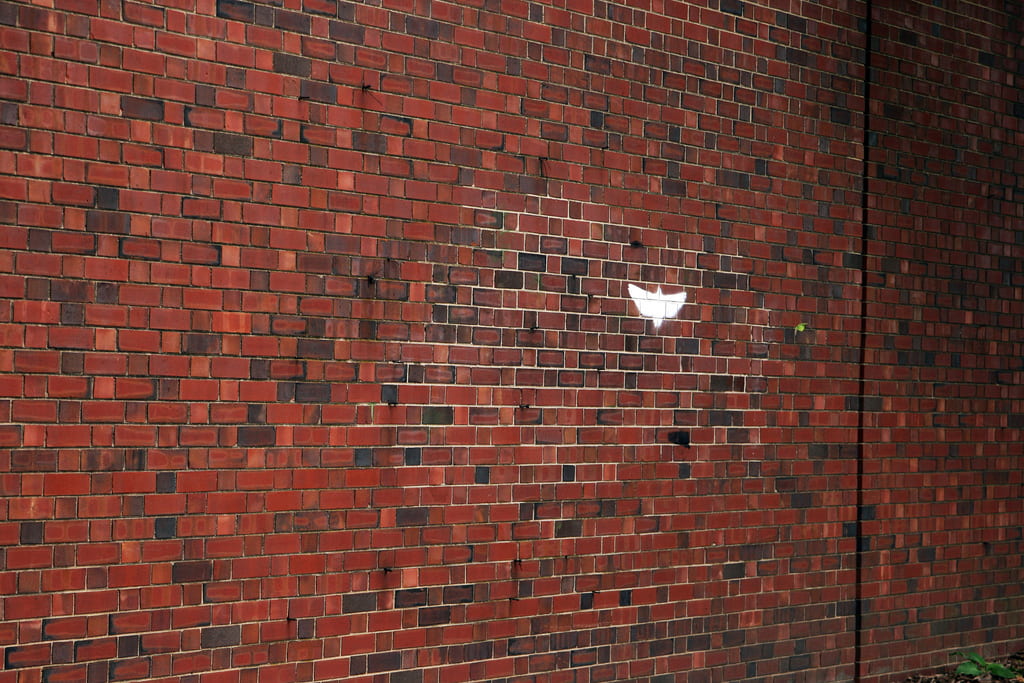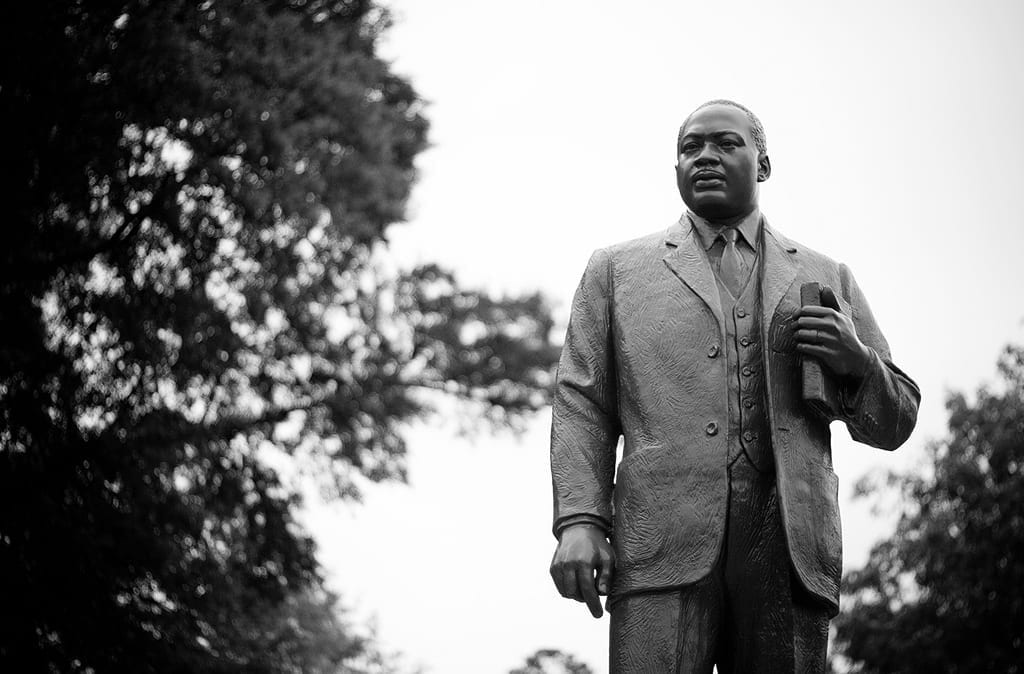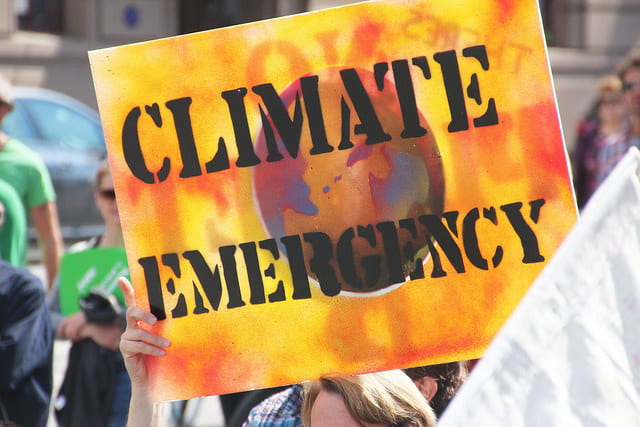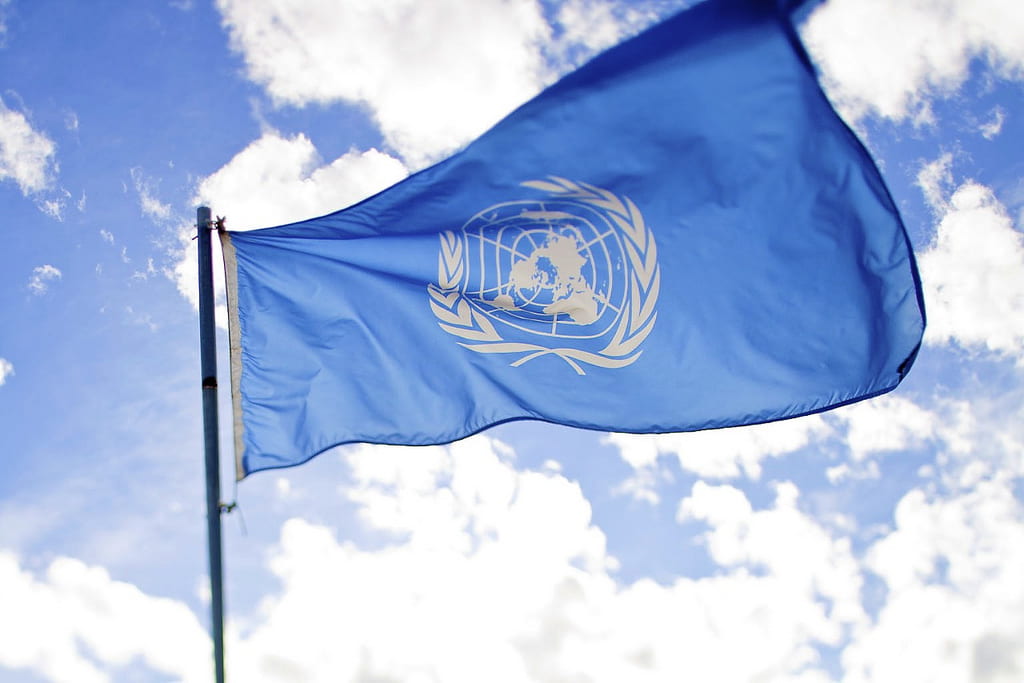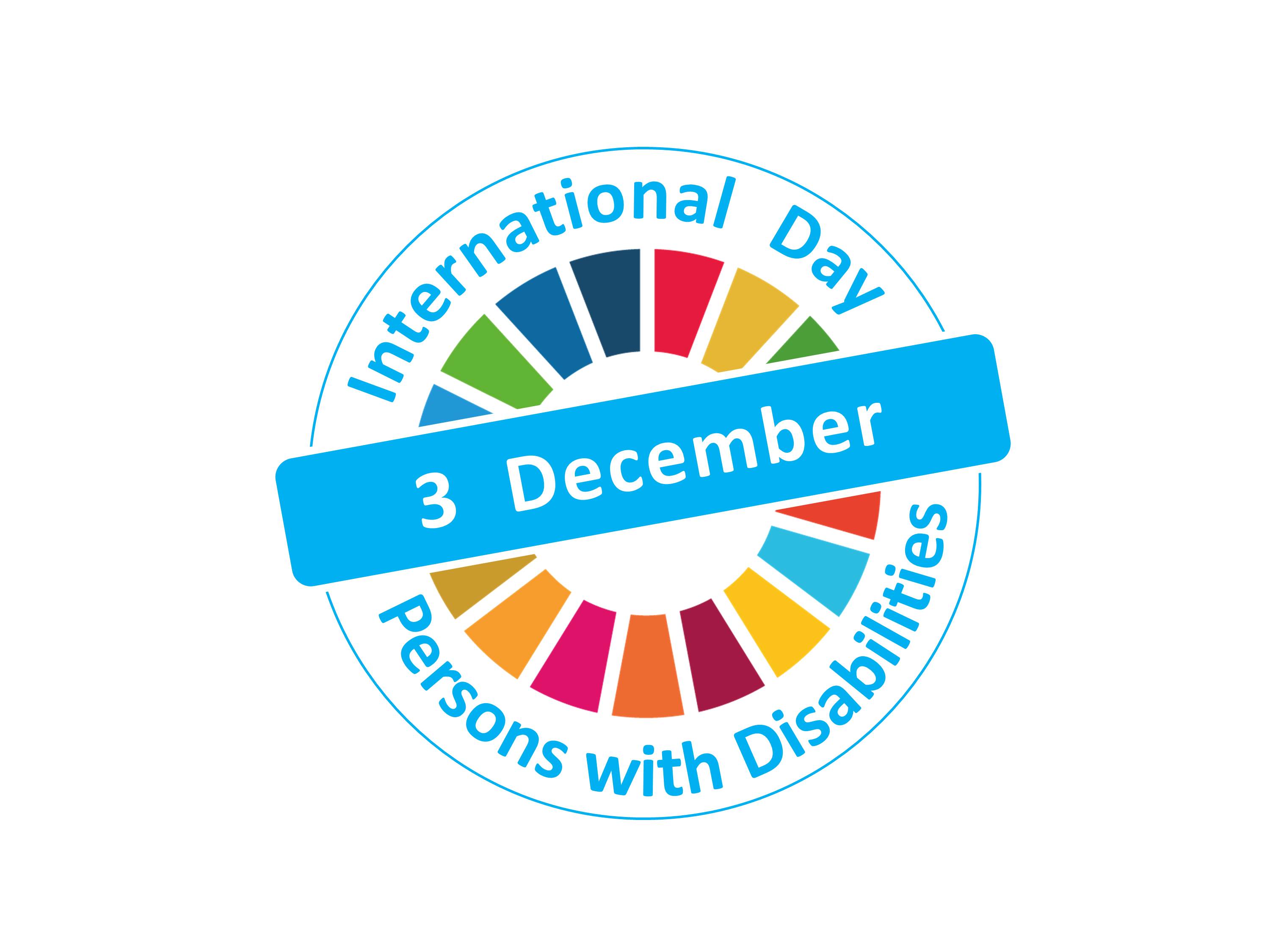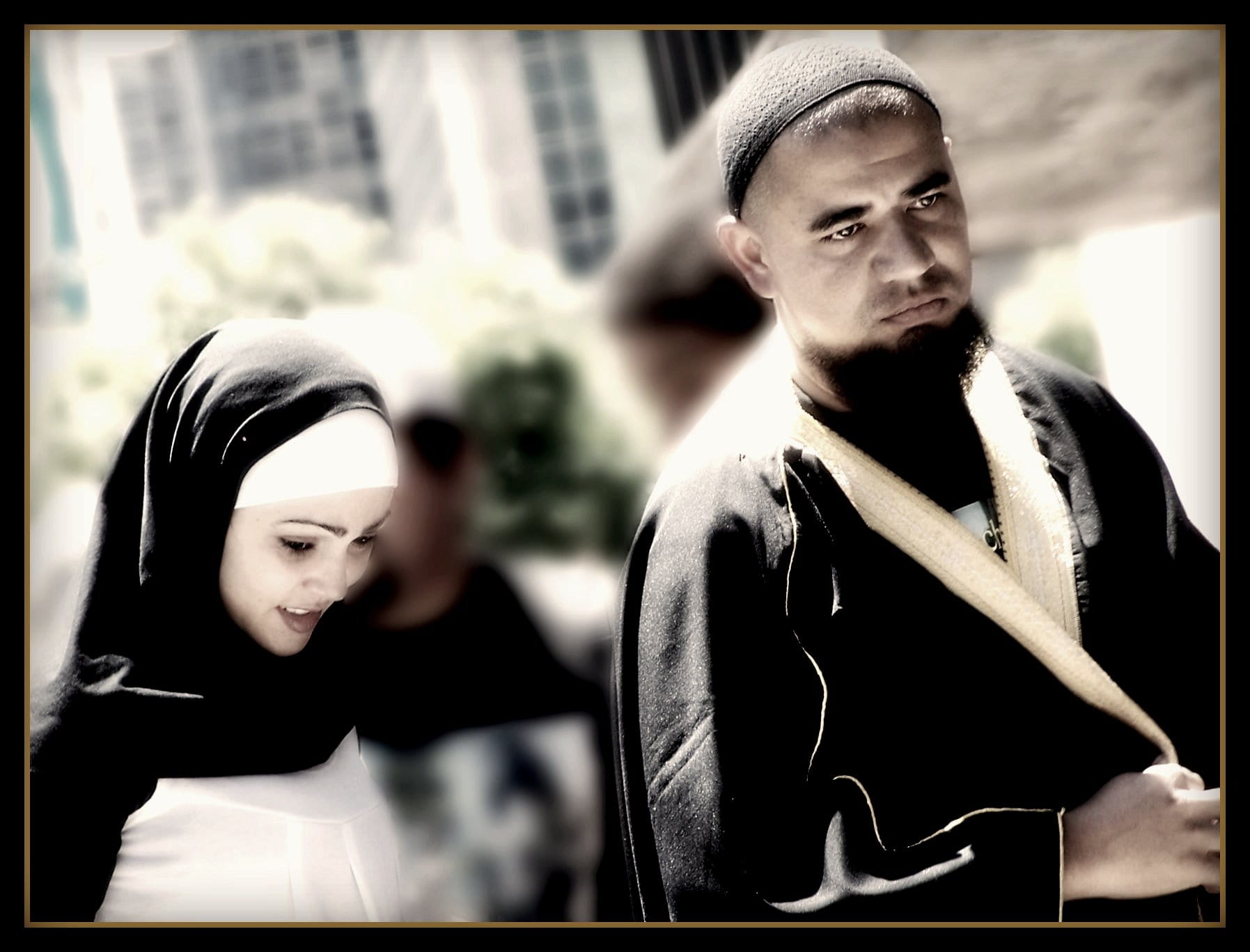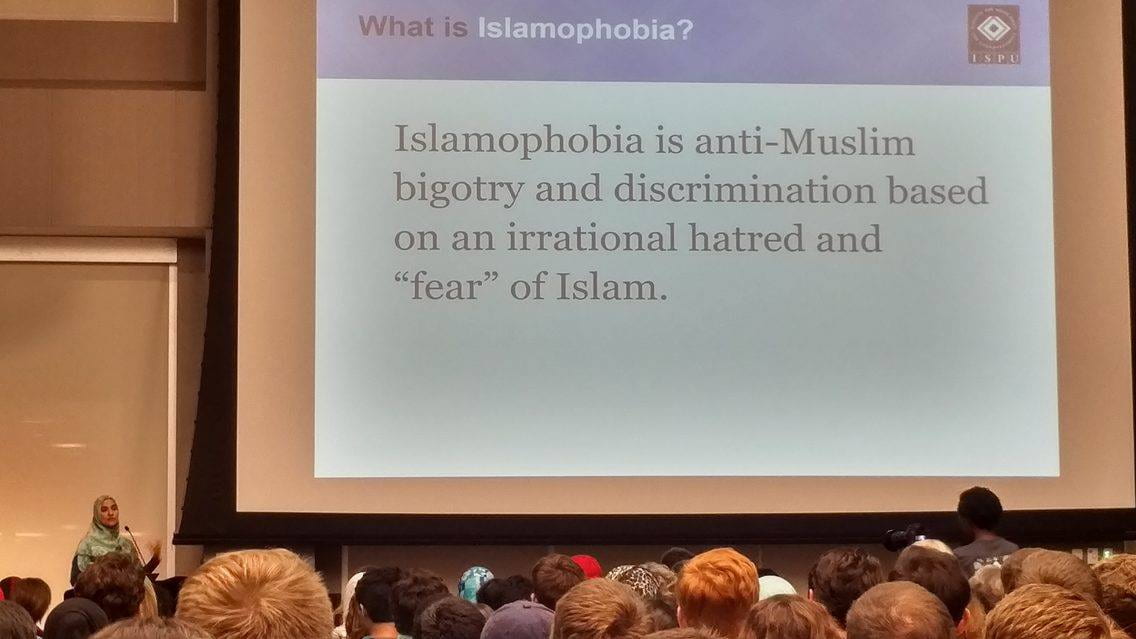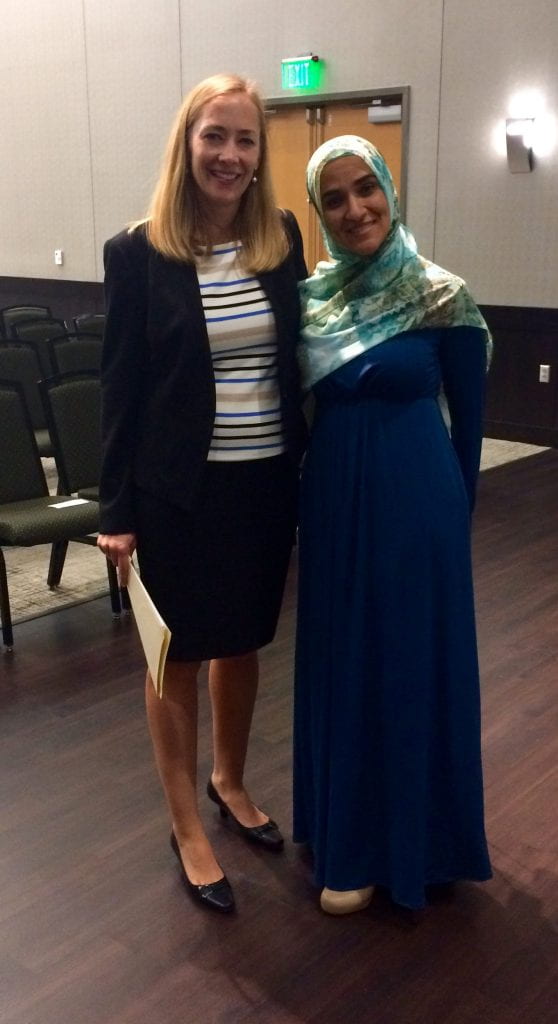This is the sermon that Dr. Tina Kempin Reuter, Director of the Institute for Human Rights, gave on April 23 at the Unitarian Universalist Church of Birmingham.

When we talk about our understanding of justice, many of us will most likely have to look to our upbringing for clues. For me, this is certainly true – the trajectory my life took to where I am today, standing before you as the Director of the Institute for Human Rights at UAB, begins with my childhood in Switzerland. I’d like to share two defining moments from my life that have influenced who I have become. Growing up in Switzerland in the 1980s, my family was fairly traditional. My dad worked outside the house as the main provider, my mom was for the most part a stay at home mom. When I was a teenager, my mom decided that she would like to run for public office. She ended up the first female mayor of the town I grew up in, and I admire her greatly. She has been a true role model in my life, showing that women can achieve whatever they want. I must say a word though about my dad. When my mom ran for public office, my dad, who had a very successful career at one of Switzerland’s major banks, supported this endeavor. At the time, he had a job that required a lot of travel, but he decided to switch internally to a position that would enable him to be home more, realizing that my mom’s commitments would often happen at night and that we, his kids, would need him (even though as teenagers we might not have communicated that very clearly). I would say my dad is a true feminist, even though he would probably cringe to hear me say that. He never gave me the feeling that I wouldn’t be able to do anything I wanted because I am a girl and he supported my sister and myself (and my brother, too) in any endeavor we were looking to engage in. My parents – through their achievements and by supporting one another – instilled in us a true sense of equality and I will always be very grateful for that early lesson. I am lucky to have found a husband who agrees with this model – I wouldn’t be able to do what I do today here in Birmingham without his support and encouragement. I think this is why Maya Angelou’s poem really resonated with me, even though it was obviously written in a completely different context. Equality, for ourselves and in the way we treat others is the basis for social justice and the basis for one of the most important principles for human rights, which is non-discrimination.
The second defining moment came when my mom was elected to the social affairs council of our town. This was in the early nineties and the wars in the Balkans had just started. Switzerland was overrun by refugees, mostly from Kosovo and Bosnia. It used to be the case that refugees were processed and housed in the large urban centers in Switzerland, but because of the sheer numbers of new arrivals, mid-size and smaller towns had to start taking refugees as well. My mom found herself in a position that all of a sudden, she was responsible for finding ways to accommodate asylum seekers in our town that was completely unprepared. I will always remember waiting at the train station for the first family to arrive. We went in person (again, there wasn’t anything in place) to pick them up and bring them to temporary housing that was put up on an empty lot. I remember them when they arrived, mother, father, and two boys, thin, with haunted eyes, and nothing but their clothes on their backs. I remember sharing our toys and other personal things with them because they had nothing.
Ever since, I have been interested in the why and how does it happen that people fight and kill each other and commit the worst imaginable atrocities. I realized relatively quickly though that what interested me was not only the why, but also what to do about it. This is how I came to the topic of human rights and peace. I’m interested in what we can do to combat human rights violations, empower those who are suppressed, and frankly, how we can make the world a better place. You might have guessed it – I’m an idealist at heart.

This is how I approached the establishment of the Institute for Human Rights at UAB. The Institute was approved in 2014, but didn’t officially start until my arrival in February of last year. I started off as a one woman show, but now have a diverse team of researchers who work with me. The Institute has three areas of focus: education, research, and outreach. Our educational mission focuses mainly on UAB students, but also includes community training. We’re in the process of developing a minor in human rights and are an integral part of the new MA degree in the Anthropology of Peace and Human Rights. We offer internships for undergraduate students to learn about human rights, advocacy, and to perfect their writing skills. A big part of our educational mission that goes beyond UAB is our blog and I encourage you to take a look. We cover as diverse topics as the chemical attack in Syria, LGBTQ rights in the United States, the intersection of HIV and human rights, and the issue of child marriage around the world. As an institute at an academic institution, research is a core part of what we do. My own interests focus on empowering marginalized voices in global governance. I’m interested in the patterns of marginalization and suppression and what people have done to be heard and break out of their suppressive situation. I’ve focused on ethnic conflict resolution, international law, and human rights approaches to some of the world’s most deeply rooted conflicts, including the Israeli-Palestinian conflict, the conflicts in the Balkans, and the tensions in Northern Ireland. In addition, I am an expert and advocate for rights of persons with disabilities and a lot of the work we do today focuses on empowering persons with disabilities and talking about rights of persons with disabilities on a global scale. The last part of our mission is outreach. We do community training on human rights, are in the process of developing a curriculum for elementary students, and engage in solidarity efforts. You might have heard about our public speaker program, which is an important part of our work. We bring speakers to town to discuss global human rights topics and organize panel discussions on the world’s most pressing topics. Past speakers included Nobel Prize winner Leymah Gbowee and Ambassadors from Kosovo and Syria, Tibetan monks, and professors from other universities. I often speak about human rights and human rights violations myself, too, especially as it concerns refugees, persons with disabilities, and human rights education.
The question I get asked the most is “what can I do?” and this is what I want to talk to you about briefly. You need to ask yourselves is two questions: first, what is my passion? And two, what am I good at? When Leymah Gbowee was in town last September, she gave a lecture to our students at UAB. In her talk, she spoke about how she became the leader of the women’s movement that ended the Liberian civil war and enabled the election of the first female head of state in Africa. She said that for us to become active in the field of human rights, social justice, and peace, we have to “find our fire”. This is what I encourage you to do. Look for the defining moments in your life, just as I had mine. You might find that what really captures you is ending the wage gap, focusing on ending economic inequality, battling institutional racism, advocacy on behalf of refugees, which I know is a passion for some of you in this congregation, or advocacy on behalf of children. This is a very individual process and I encourage you to think deeply and reflect. Only if you find your own passion and your “true fire”, you will be able to be an agent of change and social justice.
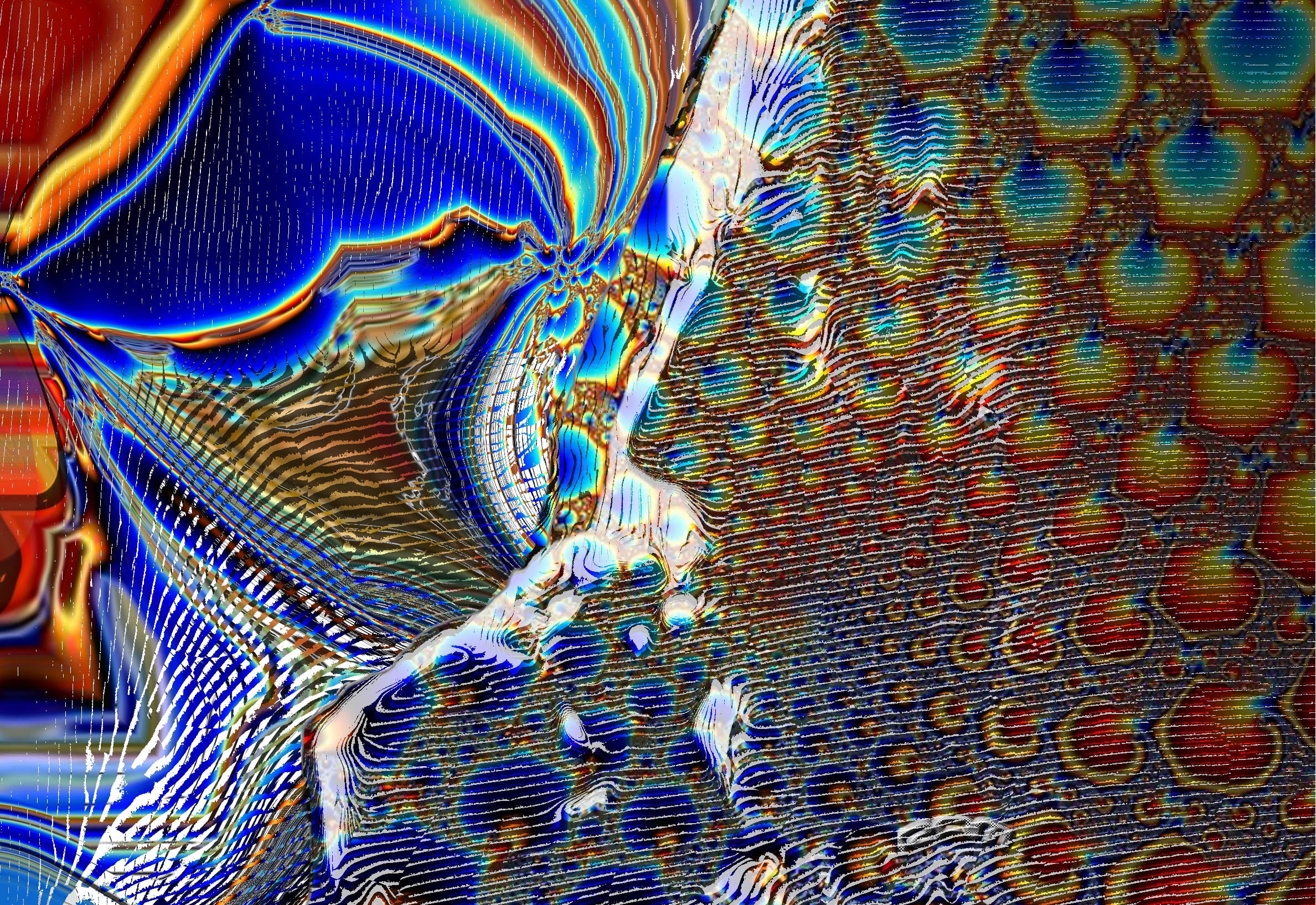
Obviously, not all of us will be Martin Luther Kings, Leymah Gbowees, Ghandis, or Mother Theresas. What we have to realize though is that none of these social justice leaders would have been able to achieve what they achieved without the support of others. Just like my mom wouldn’t have been able to become mayor without the support of my dad or I wouldn’t be able to stand in front of you if it weren’t for the support of my husband. We might not remember their names, but let me tell you, their support is just as important as the one of the leaders. This brings me to the second question – what are you good at? Even if you think you have nothing you can contribute, let me tell you this is not true. Everyone of us has something we are good at. Maybe your strength is to build relationships – why don’t you reach out and connect people who have similar interests? Maybe you like to knit or sew – you can contact a shelter and see what kind of needs there are. You can sew clothes for little babies who were born too early. Knit sweaters for the homeless. Maybe you have great writing skills – why not volunteer your time for an underfunded public school to write grant applications? You see where I am going with this.
When we want to inspire social change, we need to first start with ourselves and then with our communities. Unless we become UN Secretary General, US President, or any other highly visible position, we won’t be to tackle the big problems of the world. I know it is easy to give up when looking at the many issues we face today. Famine in South Sudan, Somalia, Nigeria. Dying children in Syria. Refugees who try to cross the Mediterranean on rubber dinghies. Decaying neighborhoods. Members of the LGBTQ community beaten and put in concentration camps in Russia. How can you not resign, throw up your hands and say, what can I do in the face of all this suffering? Let me tell you, there is so much you can do. Social change starts small – in our neighborhood, in our group of friends, in our community. Just because you can’t personally solve the Syrian crisis doesn’t mean that you can’t be part of social justice. So – ask yourself: what am I good at? And how can I use this power or skill to change my community? Personally, I realized pretty quickly that my calling is not to be a community organizer, but that my strength is to be an educator. This is why I am professor and the director of the Institute for Human Rights today, because my “fire” is to educate others, to give them the tools that they need to change their own communities.
Let me end with a word of caution. Some of you know that I am the mothers of two little boys. When I see what they watch on TV, I can distinguish two narratives. One is that the world can be divided into good guys and bad guys, and the other is that we have to help and rescue people. I’m not going to say much about the first assertion besides that human nature is not absolute but relative, and so much depends on the context. The world is a complex place with lots of shades of grey. It is the second point though that I find important in the context of human rights and social justice. This idea that we have to rescue others seems deeply ingrained in the American culture and – please forgive my bluntness – related to white privilege. It’s good to care for others, but personally, I think the approach of rescue is wrong. What unites marginalized communities is that they lack agency to make themselves heard. This doesn’t mean that they are vulnerable. Many members of marginalized communities are some of the strongest people I’ve ever met. We need to focus our social justice efforts on empowering those who don’t have voice, to give them the tools they need to build agency. They don’t need us to speak for them. We need to listen carefully to what they are saying and not to come in with our preconceived notions of what they need. This, I think, should be the premise of social justice work and it is a principle that I apply in my own work advocating on behalf of others. The goal is to build a world in which everyone can reach their full potential. I am excited for you to join me in this endeavor. As Maya Angelou said, let’s keep on marching forward. Thank you.
